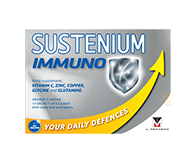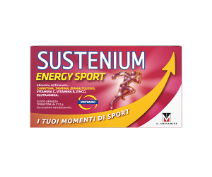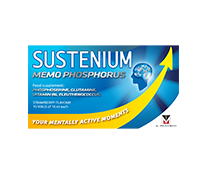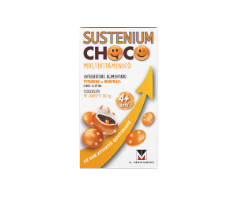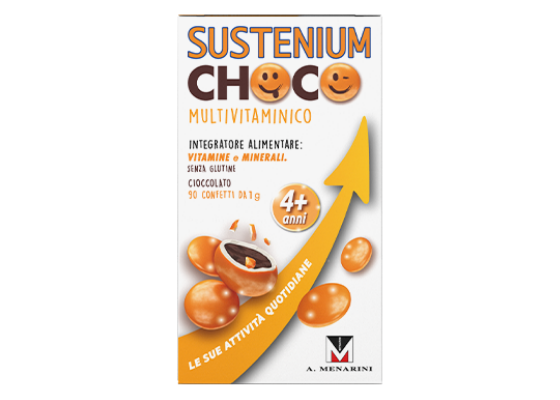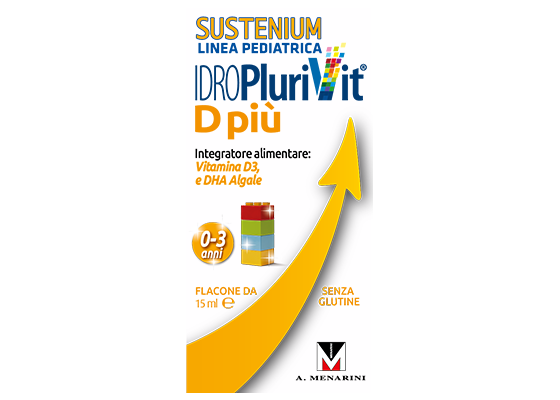Children and early adolescents are always on the go. However, keeping moving requires energy which can be easily provided by quality food sources. Parents can play a very important role in teaching healthy lifestyle habits to their sons/daughters.
The importance of a healthy nutritional education
Food provides energy and allows our sons and daughters to face their lives in motion: school, sports, hobbies, playtime. Have you ever asked how much energy they require to keep moving? The answer is not very easy because the energy required by each individual is not the same but it can vary according to the need to maintain:












